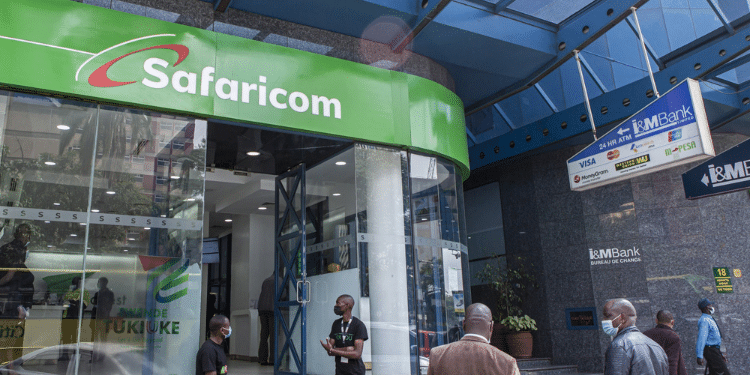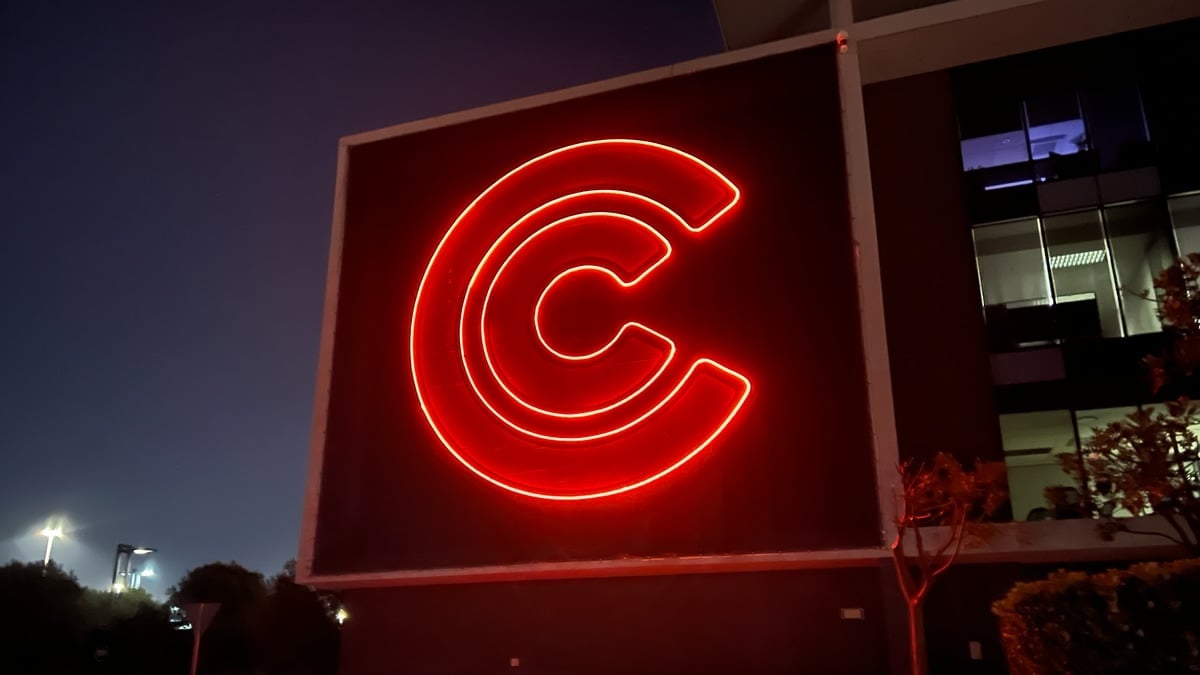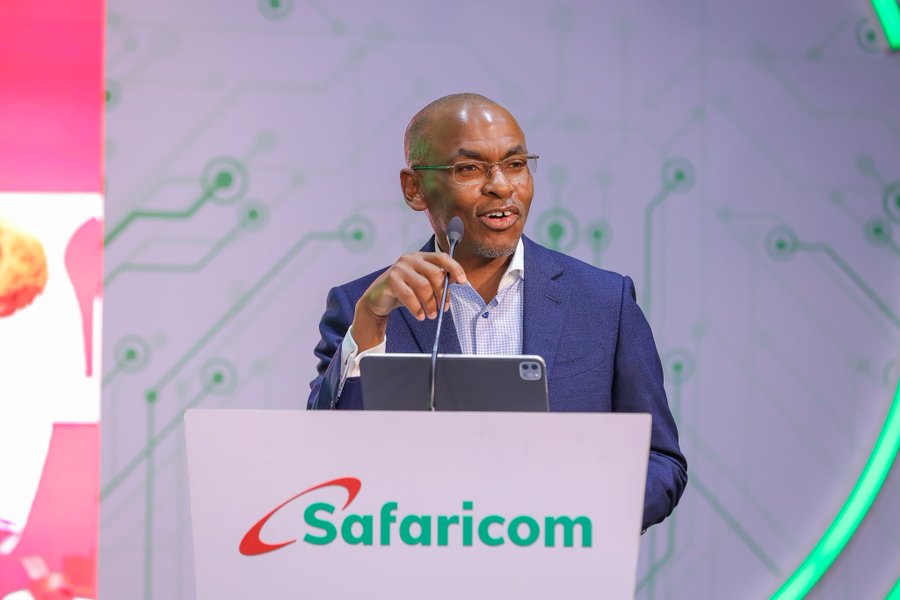By Thuita Gatero, Managing Editor, Africa Digest News. He specializes in conversations around data centers, AI, cloud infrastructure, and energy.
If you’re following East African tech, you’ve probably seen the latest headline: Vodacom, South Africa’s telecom giant, isn’t interested in separating M-Pesa from Safaricom, despite pressure from Kenyan regulators.
On the surface, it might sound like a tug-of-war between the government and a profitable private company. But let’s unpack this in a way that makes sense both for business experts and everyday Kenyans who just want to send money or make a call.
First, what does “splitting M-Pesa” even mean? Imagine Safaricom today as one app where you can call, text, or send money. Splitting M-Pesa would mean creating a new, separate entity: a standalone fintech business.
You could end up with two apps, two CEOs, two boards, two sets of taxes, and possibly a whole new corporate structure.
On paper, that gives regulators more control. They could impose rules specifically on mobile money without touching the telecom business.
But for the average user? You still just want to pay a friend or buy airtime. The experience might get more complicated, not simpler.
Here’s the kicker: M-Pesa is not just a feature. It’s 44% of Safaricom’s revenue, KES 88.1 billion in just six months. That’s almost half of the company’s total earnings, while the other 56% comes from the traditional telecom business: voice, SMS, data, and tower services.
This is important because M-Pesa isn’t some small side hustle. It’s the reason Safaricom even has leverage to invest in infrastructure.
Now, regulators are pushing for the split under the guise of “consumer protection” and “regulatory oversight.” On the surface, that sounds reasonable, someone should make sure your money is safe.
But let’s think like investors for a moment. If you spin off M-Pesa, you immediately trigger a massive tax liability, KES 75 billion ($500 million).
Spinning off M-Pesa effectively means transferring a highly valuable business unit to a new legal entity. Tax authorities often treat this as a disposal of assets, which can trigger capital gains tax on the value of the business being transferred.
You’re risking the stability of the company and potentially reducing shareholder value. That’s why Safaricom is resisting.
From a consumer perspective, the benefits of a split are murky. Would a separate M-Pesa company offer lower fees? Faster transfers? Better customer service? Possibly. But splitting it could also create friction: two different apps, separate accounts, separate support channels.
Convenience, the real value for everyday users might actually decrease. People don’t log into their bank or mobile money app to admire the corporate structure; they log in to get things done efficiently.
On the business side, separating M-Pesa also means losing synergies. Right now, the telecom business and M-Pesa are integrated.
When you buy airtime or pay a bill through Safaricom, the transaction is seamless. You don’t think, “Which company is handling this?” That integration is part of Safaricom’s value proposition.
It’s also why Vodacom’s CEO, Mohamed Joosub, emphasizes loyalty: the closer the services are, the stickier the customer relationship. Once you start cutting those connections, the ecosystem risks losing efficiency, trust, and speed.
It’s tempting to think, “Regulators know best; let’s split it.” But here’s the pragmatic view: regulation should protect consumers and prevent abuse, but restructuring for the sake of regulation alone is rarely a winning strategy.
There has to be a fundamental business reason like creating shareholder value, unlocking capital, or driving innovation. Without that, you’re forcing a separation that benefits nobody.
The situation is a classic case of complexity versus simplicity. On one side, you have a regulator-driven push to unbundle a critical financial service.
On the other, a market-proven, highly profitable system that works for millions of users. Splitting M-Pesa is a decision about money, taxes, corporate strategy, and long-term growth.
As an entrepreneur, here’s the takeaway: the real lesson is integration is powerful. When your fintech complements your telecom, you’re not just selling calls or money transfers, you’re selling a seamless experience.
And in business, experiences are sticky. Disrupt that integration, and you risk undermining the very advantage that made you a market leader.
So, for Safaricom, the question isn’t just “Can we split M-Pesa?” The real question is, “Should we?” And when you weigh the revenue at stake, the tax implications, and the potential consumer friction, the answer starts to feel obvious.
Sometimes, the smartest move isn’t splitting your assets—it’s holding them together and doubling down on the ecosystem that already works.






Leave a Reply